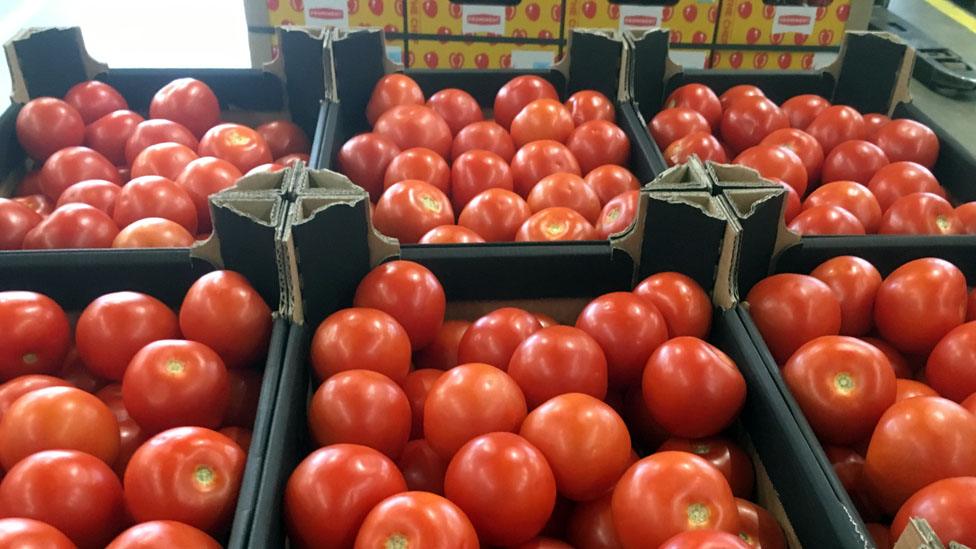Q&A: Will food and animal exports need EHCs?
- Published
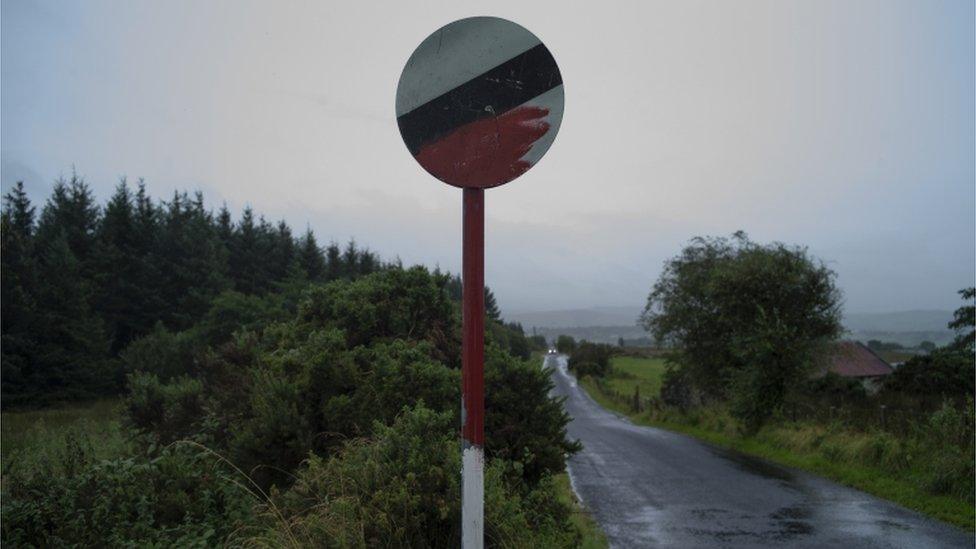
Food products being imported into the EU from a non-member state require EHCs
Export Health Certificates (EHCs) are emerging as a potential problem for Northern Ireland food exporters in the event of a no-deal Brexit. BBC NI's Economics and Business Editor John Campbell looks at the issue.
What are EHCs?
An EHC is an official document that confirms a food or animal export meets the health and quality requirements of the importing country.
The EHC has to be signed by a vet or other qualified person in the exporting country after they have inspected the goods.
Food products being imported into the EU from a non-member state require EHCs.
So NI food exports to the Republic don't currently need an EHC?
Correct - but that will change in the event of a no-deal Brexit.
All food containing products of animal origin will need a certificate - that means all products containing meat, dairy, eggs, fish or shellfish.
An EHC is not a one-off requirement, every commodity in every consignment must have one.
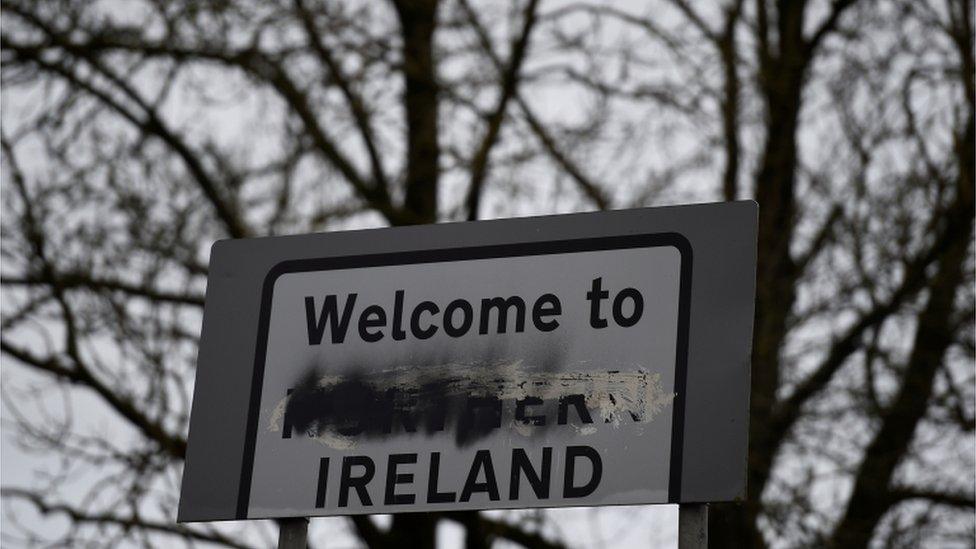
NI food exports to the Republic don't currently need an EHC, but that would change if there is not a deal
This will apply to small and micro businesses as well as large food producers.
If all cross-border trade continues as it does today it will mean a major new administrative burden
Currently about 55 certificates are issued a day for non-EU trade.
In a no-deal Brexit as many as 5,000 certificates will have to be issued every day.
How will firms get EHCs?
They will be issued by the Department of Agriculture, Environment and Rural Affairs (DAERA).
DAERA has advised that applications for intended exports will need to be made at least three working days in advance.
There is a question about DAERA's capacity to provide enough vets to carry out timely inspections and issue the certificates.
DAERA says additional training is being provided to vets and it is also training Trade Certifying Support Officers (TCSOs) to assist and support vets as a contingency measure.
Council environmental health officers can also issue some EHCs.
A report co-written by the Chartered Institute of Environmental Health has suggested the authorities would not be able to keep up with demand.
It said: "In practice it would be unachievable: there are not enough qualified professionals, or enough resources or time to train new staff even if they could be funded or recruited."
Food distribution and wholesale companies which operate across the border could face particular challenges.
They gather in a wide range of different products, all of which would requite certificates if they are being sold across the border.
Will all applications for EHCs be successful?
This is where it could get very tricky for some companies.
The issuing of an EHC is not an automatic process, the exporters will have to offer proof that they meet the EU's requirements.
DAERA make this clear in published advice: "On all occasions the necessary information to support the issuance of the certificate, both factual consignment-related information and supporting information, such as traceability or residency, will be needed in advance of issue and as early as possible."
If the EU decides to treat the UK just like any other "third country" some requirements will be onerous.
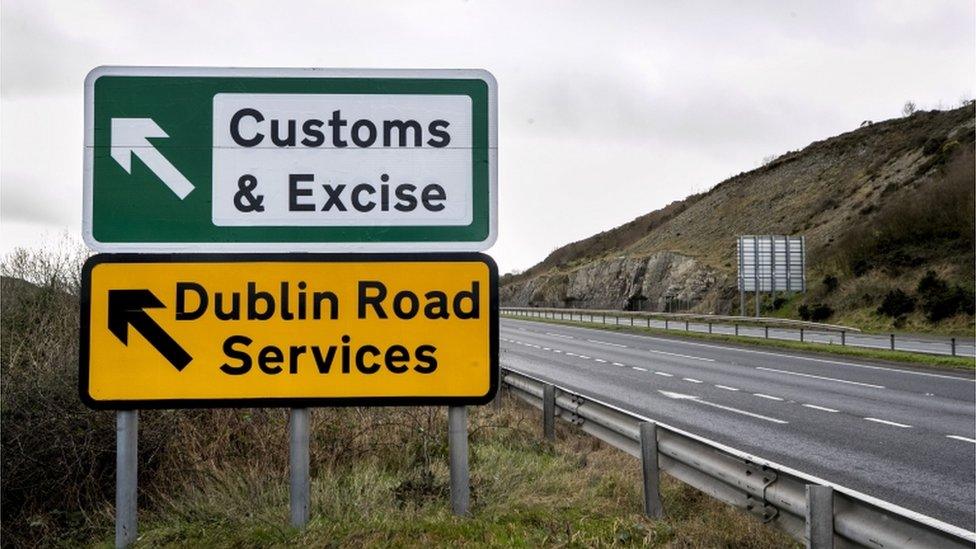
Customers may be unwilling to accept uncertified products
For example for countries with which the EU does not have a veterinary agreement it will only accept imports of frozen rather chilled pork. This is a measure intended to protect consumers from trichinella, a parasite which can live in pork.
If there was a deal and a transition period the EU and UK would likely negotiate a veterinary agreement which would allow the UK to continue exporting chilled pork.
But in no-deal that might not apply - instead companies would simply not get an EHC for chilled pork products and the export would not take place.
This will largely depend on the approach the EU decides to take in the aftermath of a no-deal.
It is understood the industry assesses that in the early days of no-deal some companies will struggle to meet the requirements which would allow EHCs to be issued.
Could companies just keep selling product across the border without EHCs?
They could try but their customers may be unwilling to accept uncertified products.
Those customers would be exposing themselves to legal or reputational risk.
- Published15 November 2018
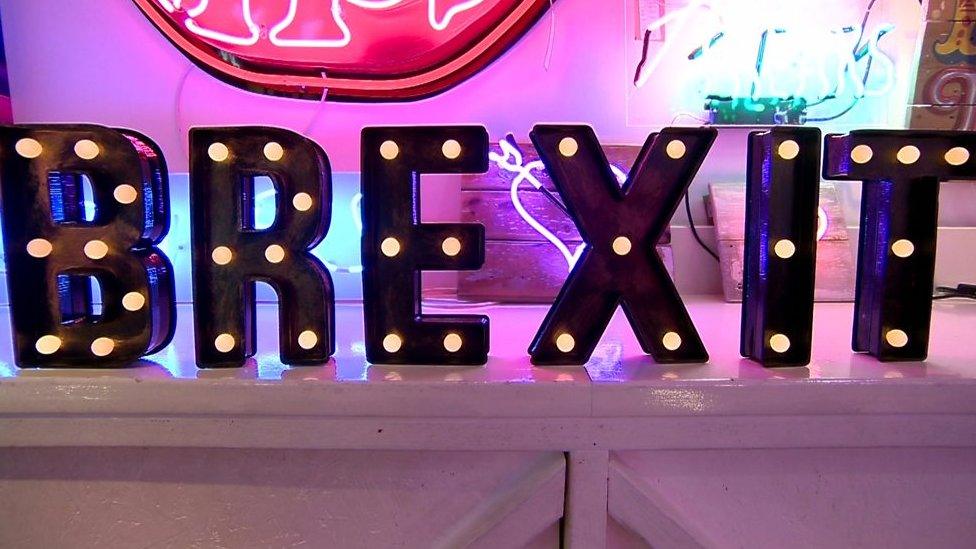
- Published11 December 2020
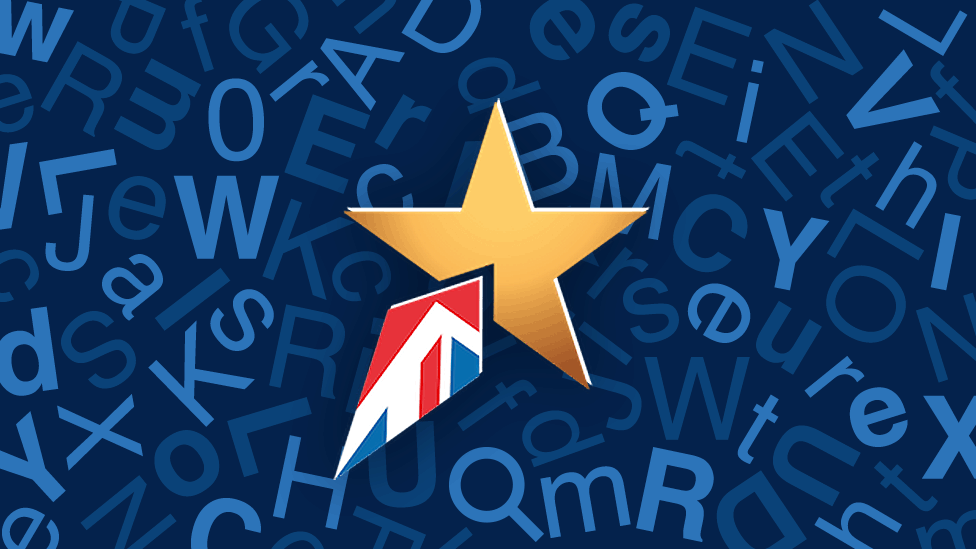
- Published5 September 2019
